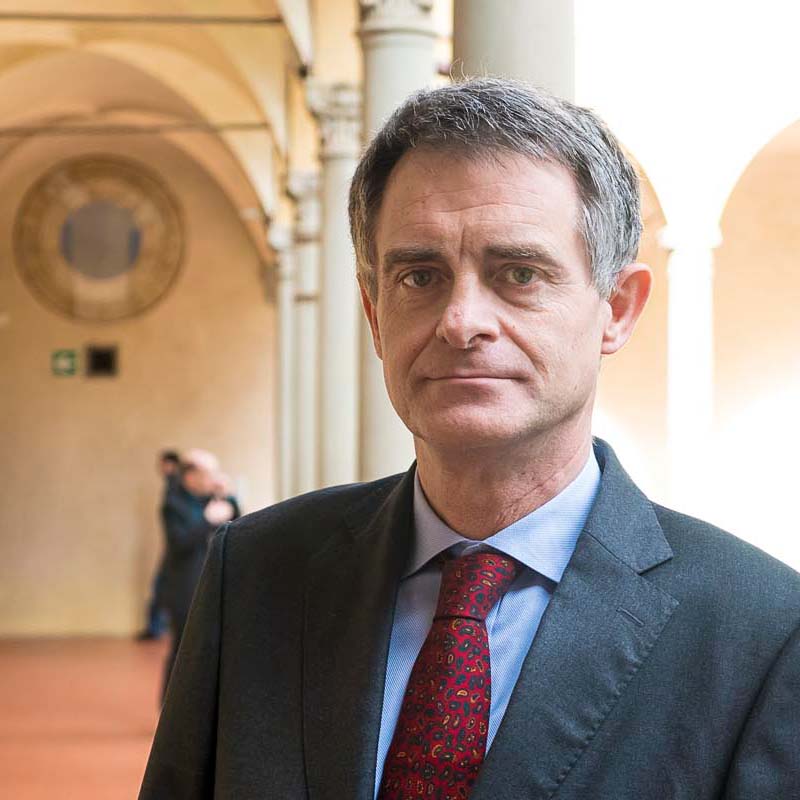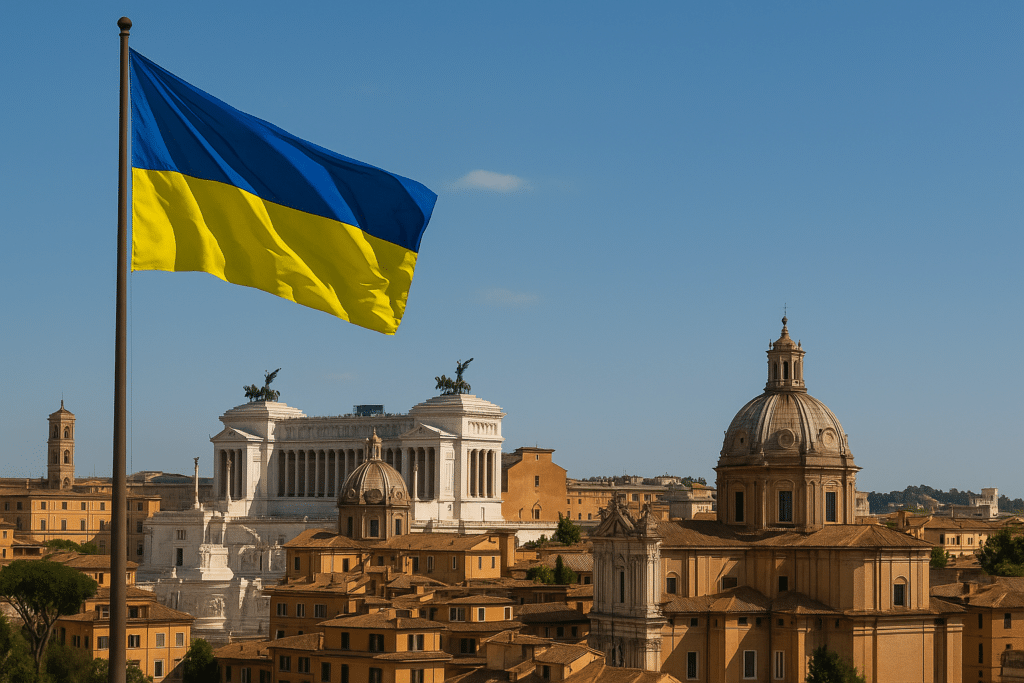
This debate will explore the state of the art in the development of prosumption and will aim at identifying any remaining barriers and the ways to overcome them.
The energy transition, to achieve the ambitious energy and climate goals to which the European Union has committed, requires a significant increase in the share of renewables in final energy consumption over the next years. As has been the case so far, the electricity sector is expected to contribute more than proportionally to the overall target, with renewables expected to cover 70% or more of final electricity consumption by 2030.
The greater penetration of renewables in the electricity generation mix will be achieved partly with large-scale installations – for example, large offshore wind parks –, but a substantial contribution is also expected to come from distributed, small-scale installations. These will include installations at end-consumers’ premises. In such cases, consumers turn into ‘prosumers’, i.e. consumers which produce part or all of the electricity they consume, and possibly sell the excess electricity.
The current EU legal framework provides specific rights and obligations for prosumers, as active consumers, in particular in Article 15 of the Electricity Directive.
There are different forms of prosumption, ranging from individual households to collective prosumers in one building, from small and medium enterprises and public institutions to energy communities and cooperatives. The number of prosumers is increasing rapidly, at least in some countries. Moreover, there seem to be enormous potentials for electricity production from prosumers, mostly based on renewable energies. Estimates quoted by the European Environment Agency suggest that the share of total electricity demand in the EU, which could be covered by electricity production by prosumers could technically exceed 60% by 2050, with shares for individual Member States ranging from 26% in Malta to 77% in Cyprus.
Prosumption is expected to deliver benefits in different dimensions, but its development appears to be hampered by barriers. The European Environment Agency has identified barriers of five types: (i) regulatory barriers; (ii) financial barriers; (iii) technical barriers; (iv) social barriers; and (v) lack of knowledge and expertise.
Programme
Introduction to the Debate and Opening Presentations
14.00 – 14.05 Introduction to the Debate
Alberto Pototschnig | Florence School of Regulation (FSR)
14.05 – 14.15 The policy perspective
Adela Tesarova | Head of Unit, Consumers, Local Initiatives, Just Transition, DG ENER, European Commission
14.15 – 14.25 Energy prosumers in Europe
Javier Esparrago | Energy and Environment, European Environment Agency
Panel Discussion: Introductory Remarks, Polls and Comments
Moderator: Ilaria Conti | FSR
14.25 – 14.50 Introductory remarks from the panellists
Alessandro De Cristofaro | EnelX
Edwin Edelenbos| Netbeheer Nederland
Natalie McCoy | Customers and Retail Markets Working Group Co-Chair, CEER
14.50 – 14.55 Polls
14.55 – 15.20 Comments on the outcome of the polls and Q&A from the audience
Panellists
15.20 – 15.30 Concluding remarks
Ilaria Conti | FSR
Alberto Pototschnig | FSR





Join this online debate to explore how EU Member States manage energy consumer data and how implementing Regulation 2023/1162 supports…

FSR Climate is delighted to announce the third International Conference on Ex-Post Evaluation of Emissions Trading on scheduled on Monday,…

On the eve of the Ukraine Recovery Conference, which will take place in Rome, Italy on 10-11 July, 2025, the…
To meet, discuss and learn in the channel that suits you best.